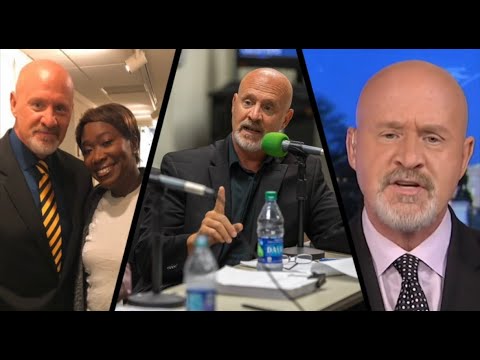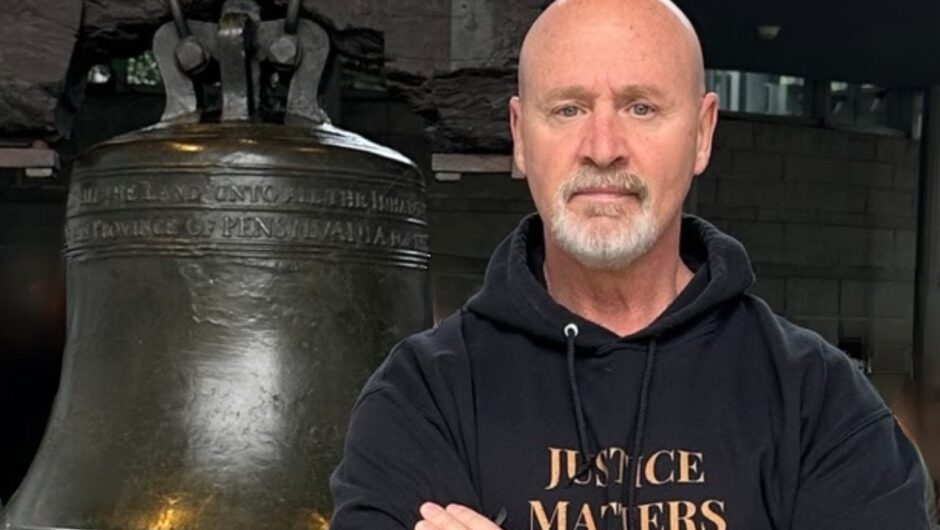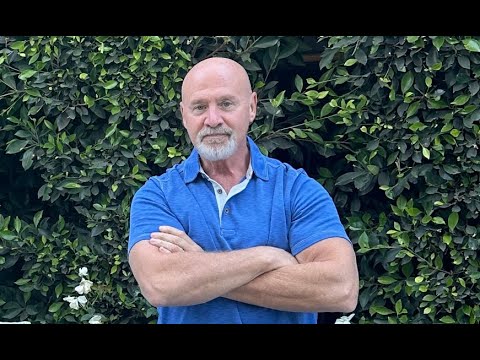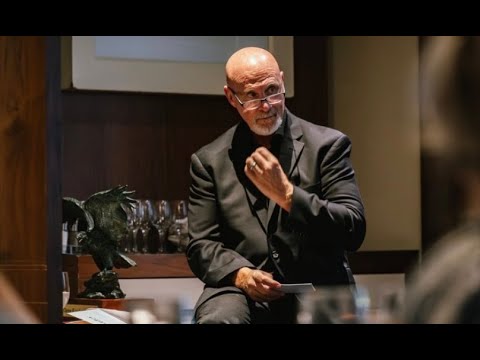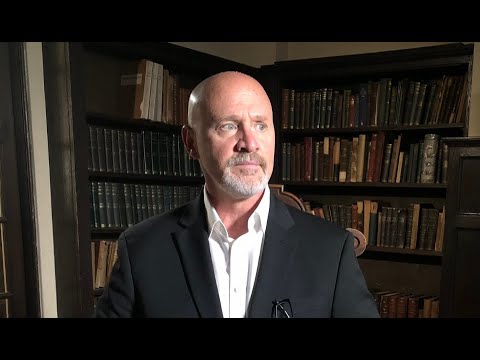For Olga Horak, being alive is a “personal triumph”.
Born in Czechoslovakia in 1926, Mrs Horak is a Jewish Holocaust survivor.
She describes herself as a “graduate” of Nazi Germany’s regime of persecution that resulted in the murder of six million Jews and other minorities.
On Wednesday, she will share her story to mark the 76th anniversary of the liberation of the Nazi extermination camp Auschwitz-Birkenau, which was located in then-occupied Poland.
More than 1.1 million people, primarily Jews, were killed at the camp.
“I am a Holocaust survivor. I am a witness. I was in Auschwitz as an inmate, not a tourist,” Mrs Horak will say during an evening commemoration.
“Auschwitz was the bottom of hell. It was the centre of evil that had no tomorrow, where the sun stopped shining and the birds stopped singing. It was easier to die than to live.”
It will be the first year International Holocaust Remembrance Day is marked publicly across Australia.
The commemoration comes as concerns grow within Australia – and across the world – about rising levels of anti-Semitism.
Other speakers will include Prime Minister Scott Morrison, Treasurer Josh Frydenberg and Senator Penny Wong.
The federal government will also commit $75,000 towards a Holocaust museum in Canberra to better educate Australians.
‘The bottom of hell’
In Mrs Horak’s words, humanity “could never fully understand the world of a survivor”.
“One could never comprehend what happened behind the barbed wire fence,” she will say.
Mrs Horak was 17 when German troops marched into Slovakia, forcing some of her family into hiding and then into the hands of the Nazis.
She was sent to several camps, including Auschwitz and Bergen-Belsen, where she and her mother survived to see the camp’s liberation by British and Canadian troops on 15 April, 1945.
Mrs Horak’s mother died that day, as the pair waited in a queue to register as survivors.
“My entire family was killed there,” Mrs Horak said.
“Auchwitz was not conceived in heaven made by God. It was carefully planned by people for people.
“It was a place carefully designed by so-called cultured people. Their aim was to destroy us, the Jewish people.”
Concerns of rising anti-Semitism
The United Nations General Assembly in 2005 officially declared 27 January an international day of commemoration in memory of Holocaust victims.
“It is a day to keep the memory alive, and a day to remember the Holocaust,” Sydney Jewish Musuem historian Professor Konrad Kwiet told SBS News.
“That is based on a UN resolution which was also adopted as an obligation to combat all forms of racism and anti-Semitism.”
But despite decades of education and research, Professor Kwiet believes anti-Semitism and other ideologies of hatred are on the rise “almost everywhere”.
“Lessons of the Holocaust have not been learned,” he said.
“Anti-Semitism is the longest form of hatred on Earth, but we are wrong to think that after Auschwitz, it is a thing of the past … it has emerged in a new form.”
More than seven decades after the end of World War II, last month’s riot on the US Capitol – where some were seen dressed in clothes emblazoned with Nazi slogans and symbols – was the latest reminder that such ideologies endure.
“What we’re seeing today, and we have seen in America, is an upsurge of racism and anti-Semitism. This day is a reminder that we are obliged not only in schools and in societies to teach the Holocaust, but also to combat hate ideologies,” Professor Kwiet said.
Treasurer Josh Frydenberg, who lost family members in the Holocaust, also spoke on Wednesday of his disgust at seeing Nazi slogans at the US Capitol.
“Frightening, despicable, disgusting,” he told ABC radio.
“To see that in the United States, in their Capitol, was truly frightening. And I think it should, for all of us, send a very chilling message that we need to redouble our efforts to ensure that we say ‘never again’.”
United Nations General-Secretary Antonio Guterres used International Holocaust Remembrance Day to warn of a global crisis in anti-Semitic hatred.
He called on world leaders to tackle a resurgence in neo-Nazism and white supremacy.
Mr Frydenberg described the Holocaust as one of the darkest chapters in world history.
“If doesn’t matter if you’re Jewish or non-Jewish, understanding the Holocaust and learning lessons of the past is critical to a better future for all of us,” he said.
The new Holocaust museum and education centre in the nation’s capital will allow students, teachers and the wider community to better understand the Holocaust and its impact, Federal Education Minister Alan Tudge said on Wednesday.
“Holocaust education is an important subject that all students should learn. This centre will help facilitate this,” he said.
But Professor Kwiet said education is only one tool to combat a rise in hate ideologies.
“Education is relevant and important to build up a set of human rights and values, but if you really want to reduce or combat anti-Semitism, you have to construct a society that does not need to pitch itself against hatred of Jews, or the ‘other’.”
‘I finally reached the light’
Three weeks before the end of the war, Mrs Horak was taken to a German hospital, weighing 29 kilograms. She sent away a British priest who tried to administer last rites, asking him to return with an army rabbi.
Mrs Horak was soon re-patriated to Pilsen in the Czech Republic, where she recovered. She would go on to migrate to Australia with her new husband in 1948.
“I often wonder why I have survived when so many did not, but I finally reached the light after years in the darkness,” she said.
“Being alive, I find this to be a personal triumph. I shall never forget the past, it would be an insult to the victims.
“We should always remember, and say: ‘never again’.”


